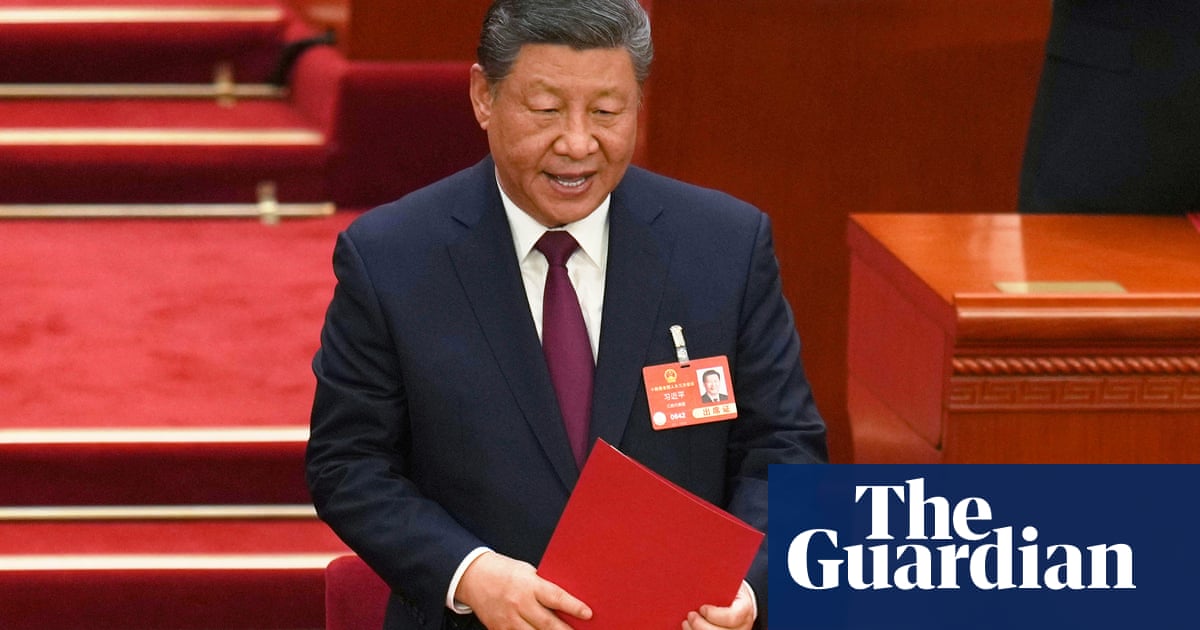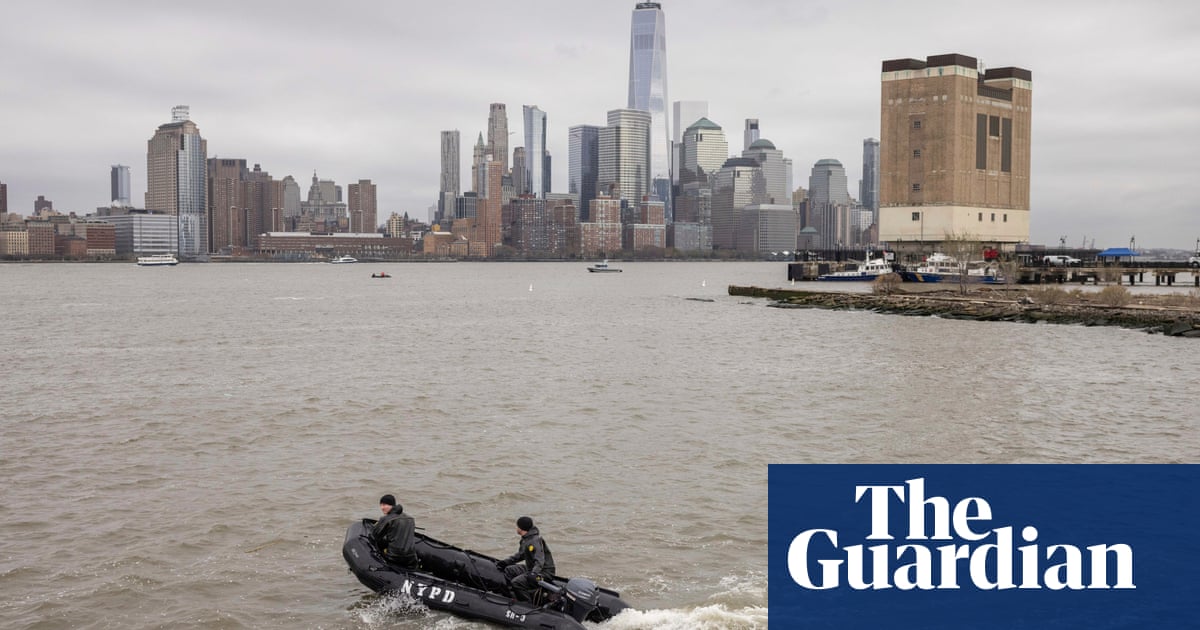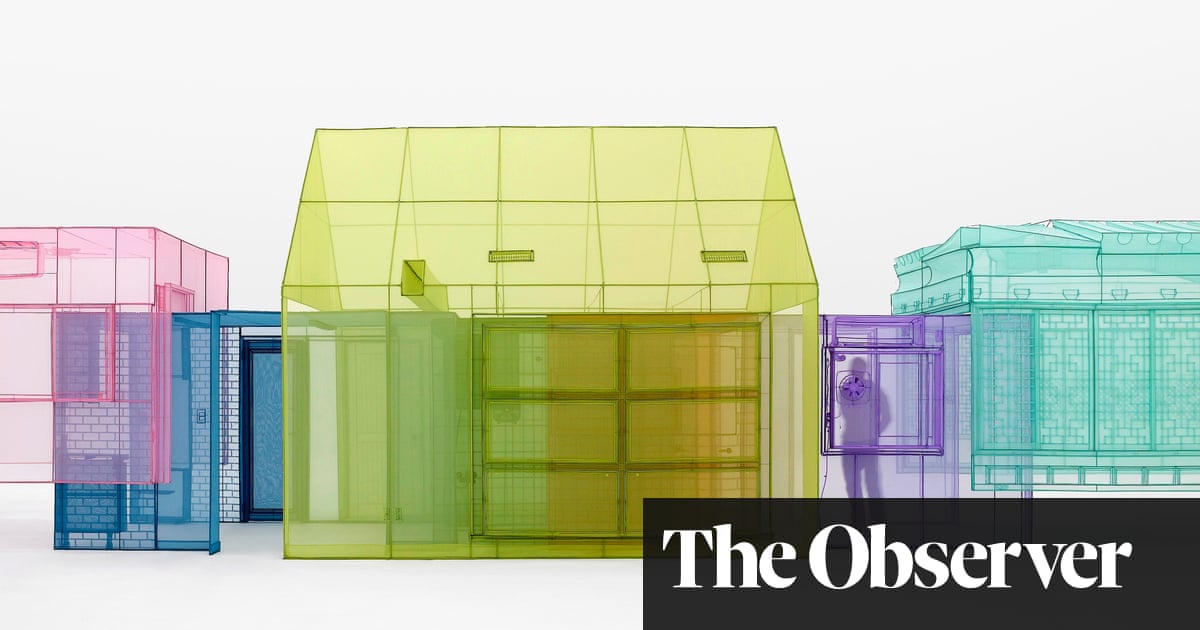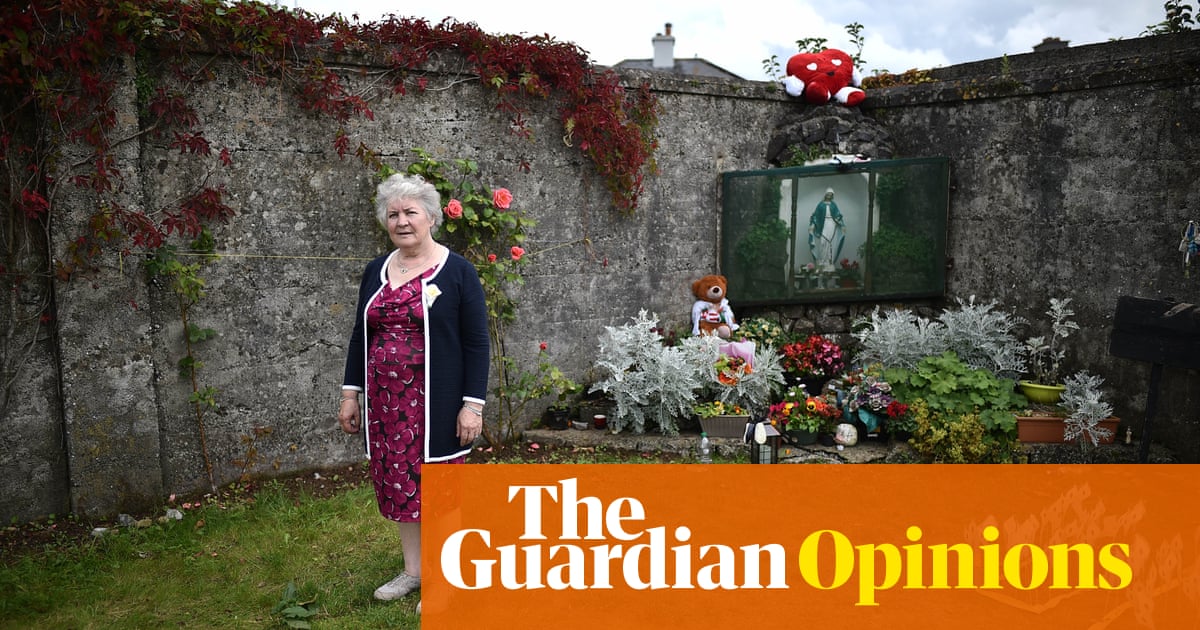The Turkish president Recep Tayyip Erdoğan has lambasted Israel for undermining stability in neighbouring Syria during a diplomatic forum, days after the two countries held talks aimed at defusing an escalating conflict between them on Syrian soil.
“Turkey will not allow Syria to be dragged into a new vortex of instability,” Erdoğan told attendees at the Antalya diplomacy forum on the southern Turkish coast, accusing Israel of “trying to undermine the 8 December revolution”, in reference to the insurgency that toppled the former Syrian president Bashar al-Assad after decades in power.
“We are in close dialogue and in common understanding with all influential actors in the region, especially Mr Trump and Mr Putin, regarding the preservation of Syria’s territorial integrity and stability,” he added.
Attendees at the forum included the Russian foreign minister Sergei Lavrov as well as Syrian president Ahmed al-Sharaa, who met Erdoğan on the sidelines of the conference in Antalya.
The Turkish presidency said Erdoğan reiterated Ankara’s efforts to lift sanctions on Syria, and told Sharaa that Turkey “welcomes the fact that those who want chaos in Syria to occur again are not given an opportunity”.
Tensions between Israel and Turkey have grown since Assad’s overthrow, peaking after Israeli forces pounded three military bases across Syria with airstrikes earlier this month. Reuters reported that Turkish military teams had scoped out the main airport in Hama province as well as the T4 and Palmyra air bases in Homs, assessing the runways, hangars and infrastructure to see if forces and military hardware could be deployed there as part of a planned joint defence pact between Ankara and Damascus.
The defence minister Israel Katz called airstrikes “a clear message and warning for the future”.
Israel has struck military sites in Syria hundreds of times since Assad fled to Moscow four months ago, destroying military assets including missile systems and air defences that the transitional government in Damascus had hoped to inherit.
Assad’s overthrow marked the end of over 50 years of dictatorial rule by his family, as well as a halt to a decade-long civil war that became a frozen proxy conflict. The former autocrat’s backers Russia and Iran faced off against forces supported by Ankara in northern Syria, and an American military presence in the east and south.
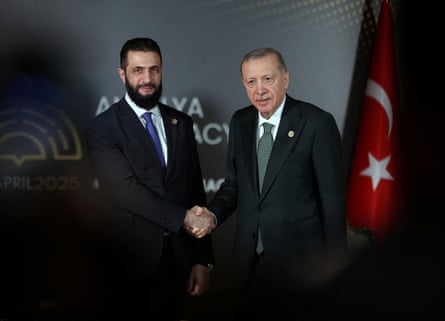
After an insurgency spearheaded by Sharaa’s forces took power in Damascus, Ankara emerged as the most significant regional backer of Syria’s nascent transitional government.
Turkish officials have established fast ties with Damascus, while negotiating a reported defence pact that could see Turkish forces using Syrian airspace and establishing bases on the ground. Israel meanwhile moved to expand its decades-old occupation of the Golan Heights into a designated buffer zone following Assad’s departure.
“Assad had Russia as his protector in the second half of the Syrian civil war. If Turkey comes in and begins installing air defence systems or introducing jets into Syrian airspace, that limits Israel’s freedom of action significantly,” said Aron Lund, an analyst with the New York thinktank Century International.
“For Turkey, the problem now is not just Israel objecting to their military presence but doing things that by design or default are weakening or preventing the emergence of a functioning government in Syria, such as saying the new Sharaa government can’t have forces south of Damascus,” he said.
Israeli military forces infiltrated a remote town in the Daraa countryside south of Damascus earlier this month, with Syrian state media saying nine civilians were killed in shelling during the deepest Israeli incursion into Syria.
Amid few signs that Israeli forces intend to leave the area around Mount Hermon, an Israeli tour company has reportedly begun offering twice-daily hiking tours of the area in cooperation with troops stationed there.
Less than a week after Israel struck three airbases in Syria, the two sides held talks in Azerbaijan aimed at finding ways to defuse growing tensions in Syria. The office of the Israeli prime minister Benjamin Netanyahu said a delegation composed of top security and diplomatic officials met their Turkish counterparts, with the two sides agreeing “to continue on the path of dialogue in order to maintain regional stability.”
The Turkish foreign minister Hakan Fidan told local broadcaster CNN Türk that “while we are conducting certain operations in Syria, there needs to be a deconfliction mechanism with Israel, which flies aircraft in that region, similar to mechanisms we have with the US and Russia.”
Fidan added that technical teams from both sides are in contact “when needed”, in order “to prevent combat elements from misunderstanding each other”.
Lund labelled the talks “a very positive thing”, given the risk of a clash between the two powers in Syria, amid regional conflict including Israel’s 18-month assault on Gaza.
“They will be both be military involved in Syria, and this could spiral in a number of different ways. So some form of red lines or communication channels are essential to managing that tension, and this seems to be a step in that direction,” he said.

.png) 19 hours ago
7
19 hours ago
7

